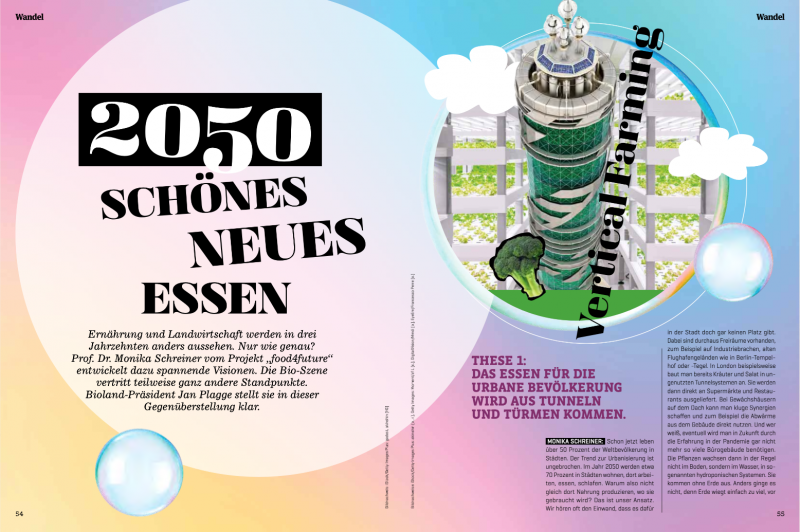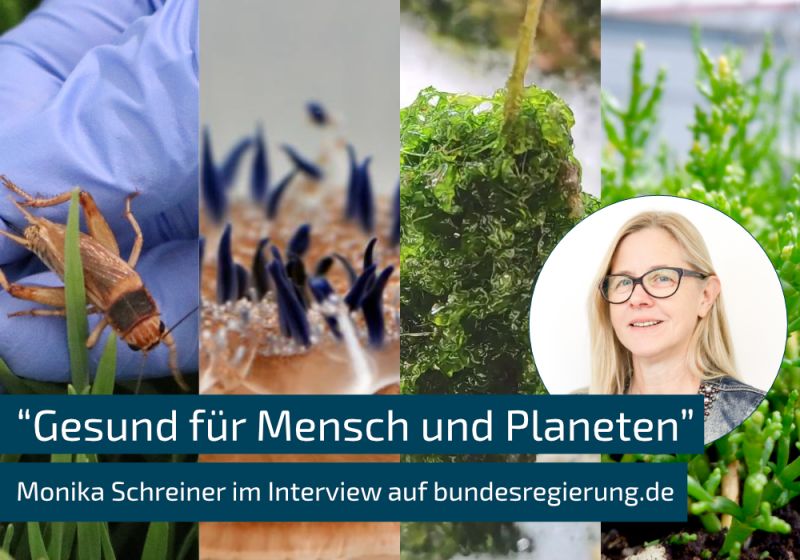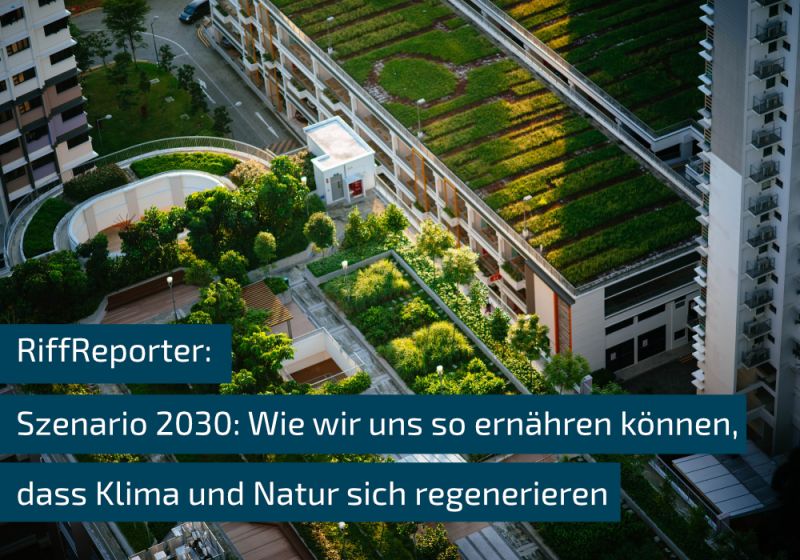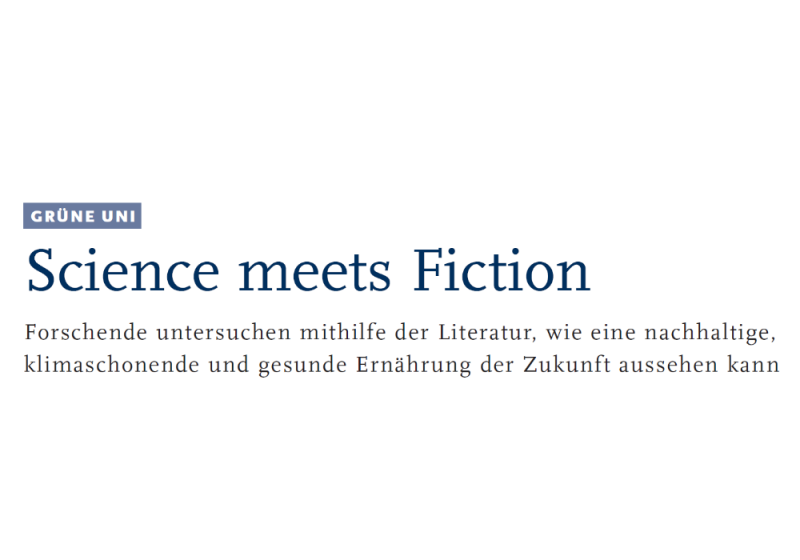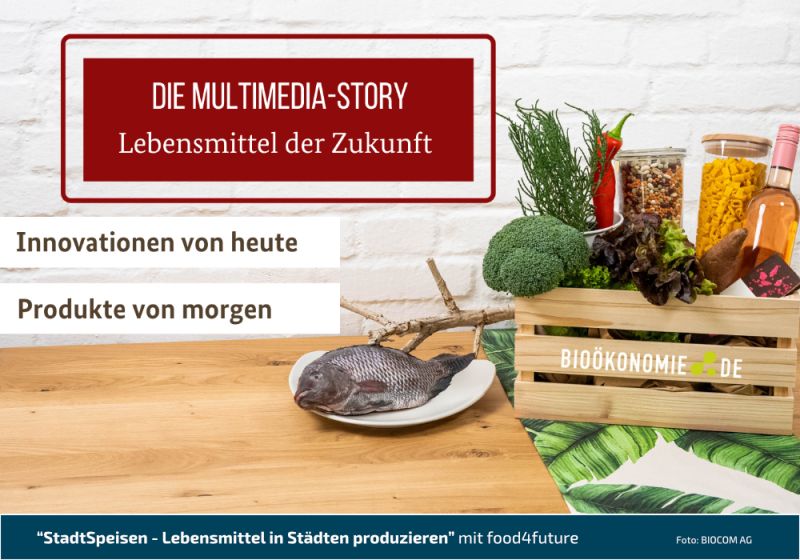More than 10 partner institutions from academia and industry work closely together in food4future (f4f). To ensure the smooth running of the entire project, the f4f office was established at the Leibniz Institute of Vegetable and Ornamental Crops (IGZ). It coordinates the network and assumes central management tasks.
In addition to administrative activities such as project monitoring, controlling, and reporting, these include the organization of events and status seminars, and in particular, communication.
The latter takes place on several levels:
- Internal communication with the partner institutions and members of the food2innovation Forum (Advisory Board)
- Collaboration with the Coordination Office for Agricultural Systems of the Future and the six other consortia in the funding line
- Expert information through public relations work and networking with other projects and initiatives
A particular focus is on social dialogue on the nutrition of the future. In the course of the project so far, we have already developed and implemented a variety of innovative formats for this purpose (see current news).
Contact
Leibniz-Institut für Gemüse- und Zierpflanzenbau (IGZ)
Theodor-Echtermeyer-Weg 1
14979 Großbeeren
Website
www.igzev.de
Project duration
März 2019 - September 2028
Interaction with f4f & associated partners
ZMT, ATB, UB, IAP, PYCO, TH Wildau, HTW Berlin, DIfE, TI-BW
AlgenProjekt Meeresalgenland UG, Brandenburger Seefisch (in Gründung), Cosmacon GmbH, Elea Technology GmbH, Hermetia Baruth GmbH Esencia Foods, Institut für Getreideverarbeitung GmbH, Jellyfish Farm, Silicann Systems GmbH, Stadt Kulmbach, Therme Bad Saarow, Bad Saarow Kur GmbH
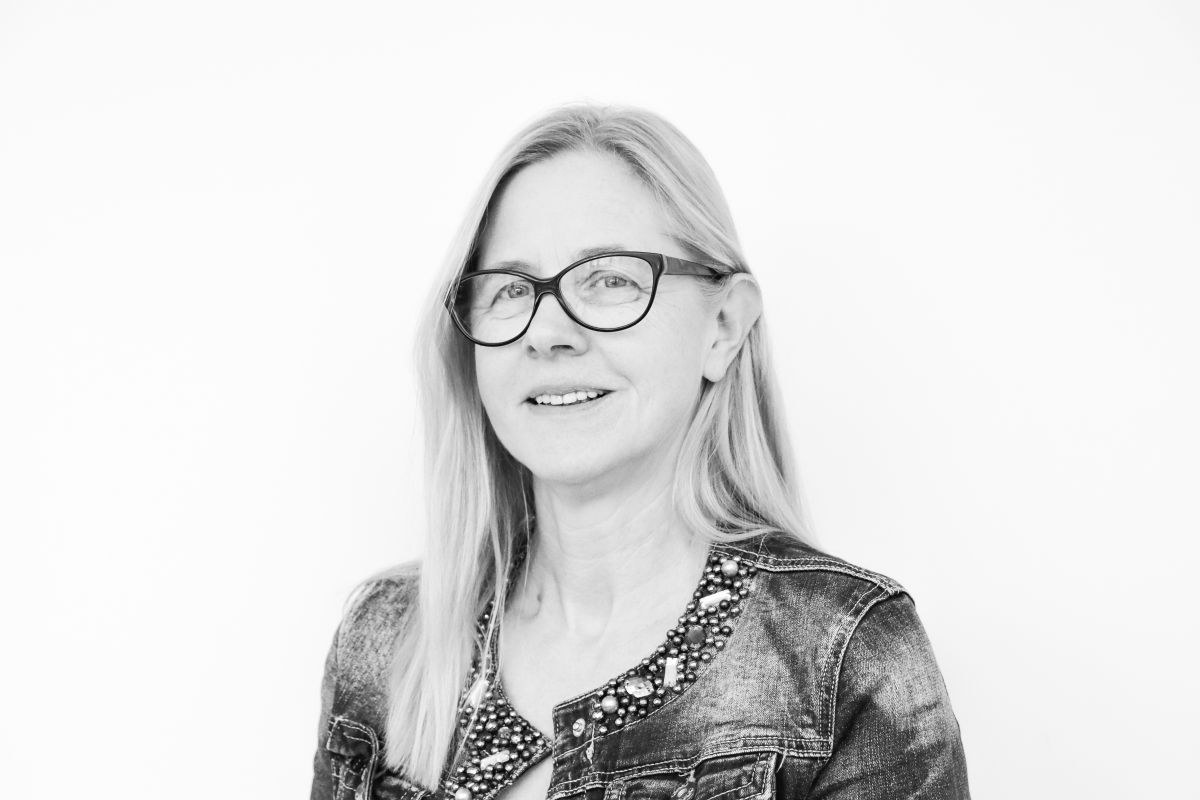
Prof. Dr. Monika Schreiner heads the Plant Quality & Food Security program area at the Leibniz Institute of Vegetable and Ornamental Crops (IGZ) and is an honorary professor at the University of Hanover. Her research focuses on understanding and influencing plant secondary metabolism with the goal of optimizing it for human nutrition. She is the coordinator of the food4future consortium and involved in the "Macroalgae and Halophytes" project. She also serves as the central coordinator of the overarching "Agricultural Systems of the Future" funding line.

Dr. Babette Regierer is deputy to coordinator Prof. Monika Schreiner and supports the work of the food4future office. She has worked in scientific management for more than twenty years and contributes her expertise in strategy development, network management, communication, and knowledge transfer to the research network. She is particularly committed to positioning food4future in the national and international research arena.
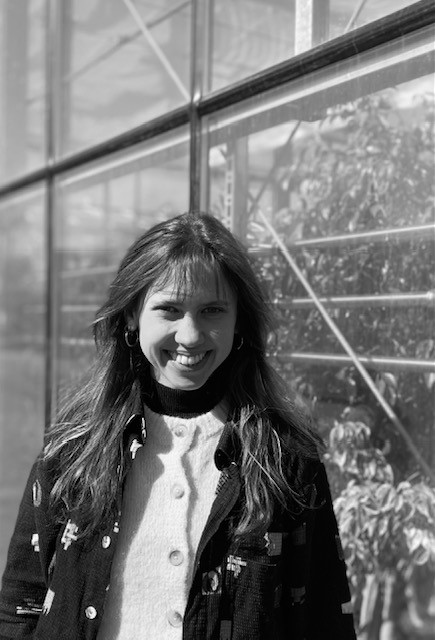
Jette Berend is a project manager at the Leibniz Institute of Vegetable and Ornamental Crops (IGZ) and specializes in science communication. She studied media studies at the University of Potsdam and the Potsdam University of Applied Sciences, with a particular focus on how scientific content can be prepared in a target-group-appropriate manner and conveyed via appropriate media. At food4future, Jette Berend works in project management. From 2022 to 2025, she worked in the central coordination office of the overarching BMBF funding line "Agricultural Systems of the Future," where she was jointly responsible for public relations.
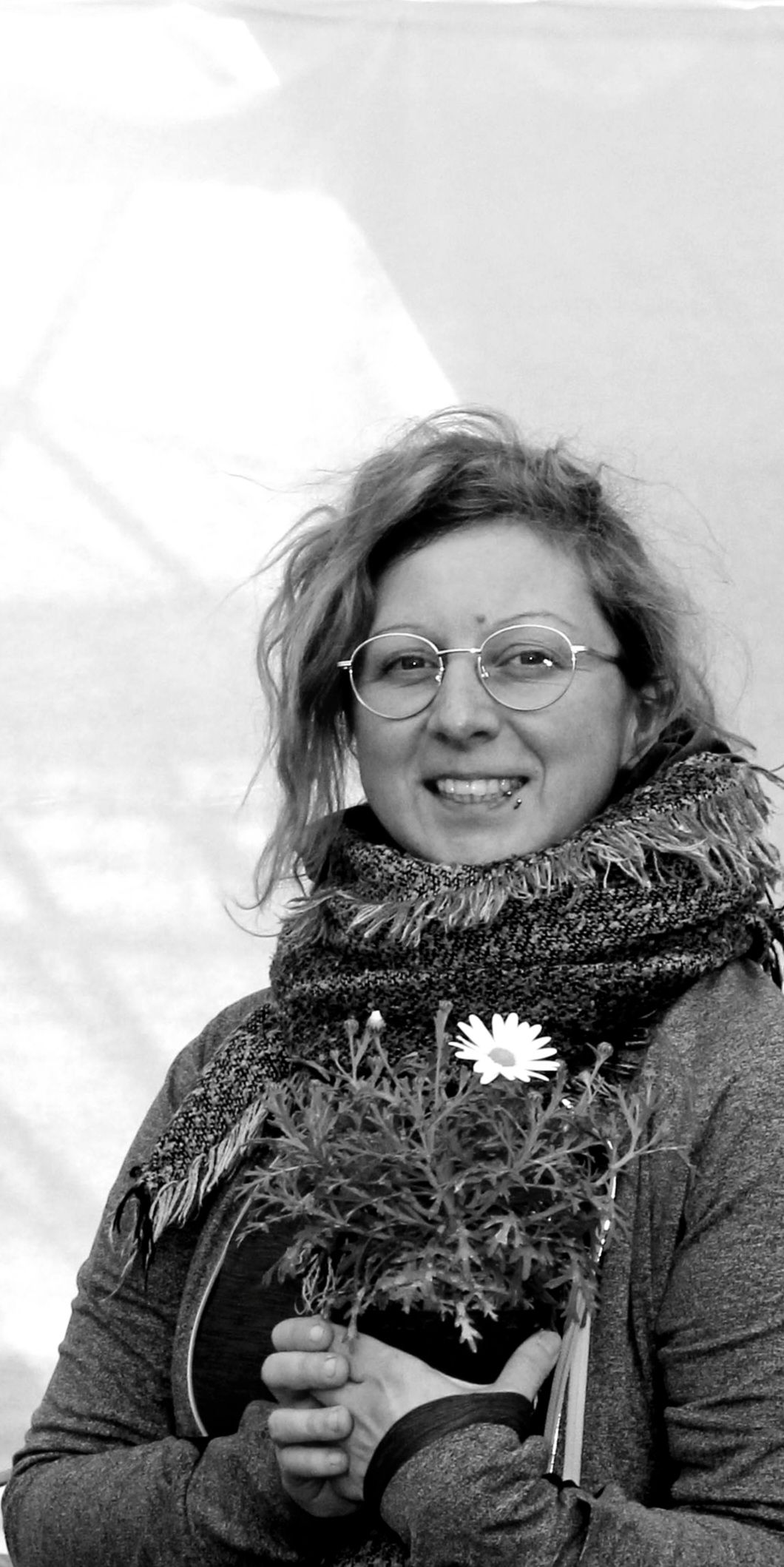
Susann Pophal is responsible for science communication for the food4future project at the Leibniz Institute of Vegetable and Ornamental Crops (IGZ). She studied process and quality management in agriculture and horticulture at Humboldt University in Berlin and developed a strong interest in how science is communicated and disseminated in a way that is appropriate for target groups. Within food4future, Susann Pophal focuses on public relations, particularly on communicating project topics on social media.
Videos
Fricke A., Psarianos M., Sabban J., Fitzner M., Reipsch R., Schlüter O.K., Dreyer C., Vogt J.H-M., Schreiner M. and Baldermann S. (2022) "Composite materials for innovative urban farming of alternative food sources (macroalgae and crickets). (Front. Sustain. Food Syst.)
doi:10.3389/fsufs.2022.1001769
Psarianos M., Fricke A., Ojha S., Baldermann S., Schreiner M., Schlüter O.K. (2022) Effect of Narrowband UV-B Irradiation on the Growth Performance of House Crickets (Foods)
doi.org:10.3390/foods11213487
Preiss M., Vogt J. H.-M., Dreher C., Schreiner M. (2022). Trends Shaping Western European Agrifood Systems of the Future (Sustainability)
doi:10.3390/su142113976
Stojetz W., Ferguson N.T.N., Baliki G., Díaz O.,Elfes J., Esenaliev D., Freudenreich H., Koebach A., Abreu L., Peitz L., Todua A., Schreiner M., Hoeffler A., Justino P., Brück T. (2022). The Life with Corona survey (Social Science & Medicine)
doi:10.1016/j.socscimed.2022.115109
Fitzner M, Fricke A, Schreiner M, Baldermann S. (2021) Utilization of Regional Natural Brines for the Indoor Cultivation of Salicornia europaea. Sustainability. 13(21):12105.
doi:10.3390/su132112105
Albers, P.; Vogt J.; Regierer B.; Schreiner, M. (2020) Bioökonomische Innovationen für eine nachhaltige Agrarproduktion. Wasser und Abfall 7-8/2020.
